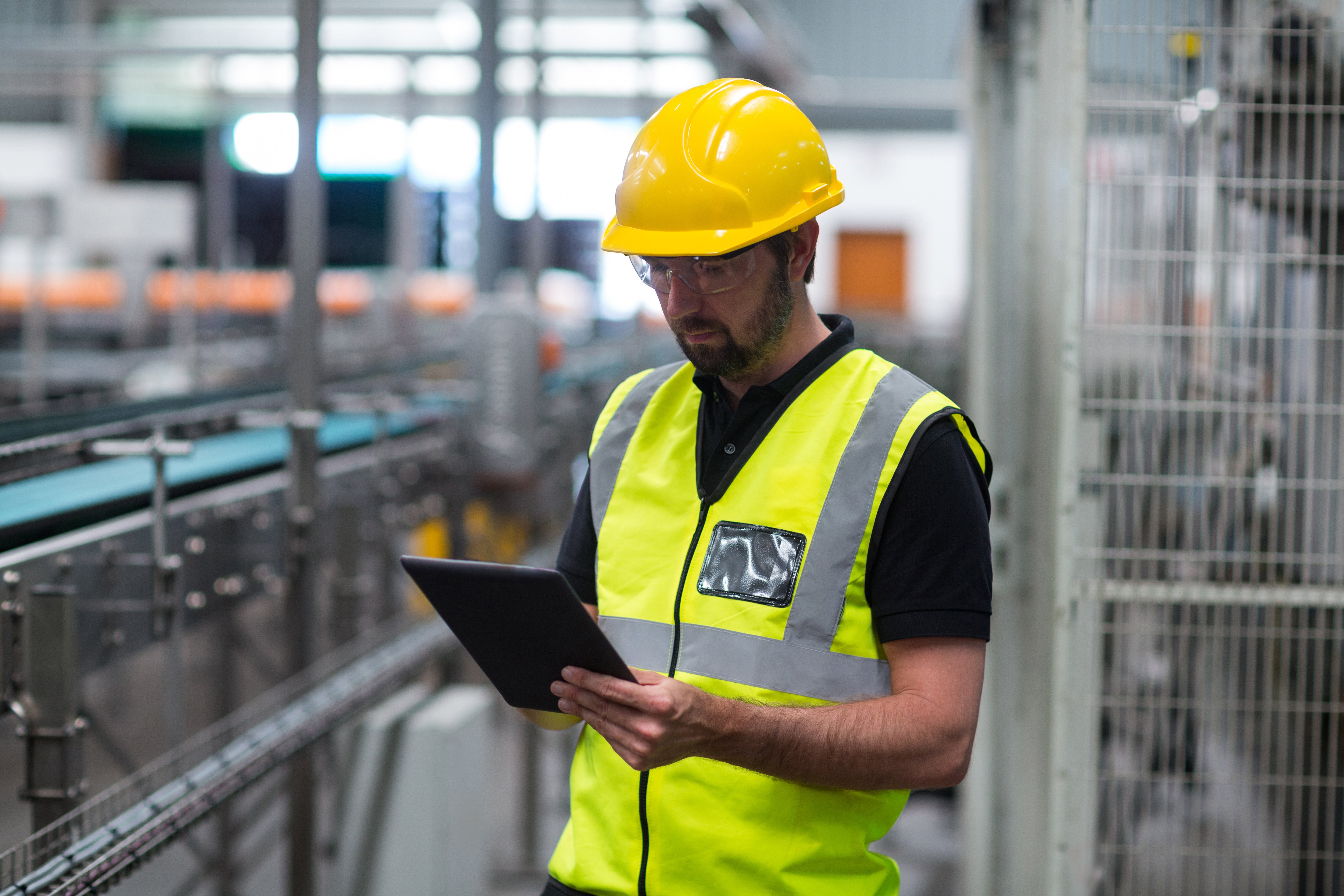
Preparing for emergency situations is a complex task but a necessary one. When considering what to include in a disaster management plan for your business, it is important not to overlook the importance of reliable communication technology. Effective communication networks are vital for multi-agencies to rapidly respond and coordinate emergency rescue efforts. And this sharing of essential information needs to be able to continue in the hours and days that follow a critical incident - and not just to those directly involved but to the numerous stakeholders that have an interest in the situation.
Being prepared for the worst case scenario means ensuring that the correct equipment - such as fire extinguishers and first aid treatment boxes - are in place and that sufficient personnel knows where they are and are trained to use them. If disasters cannot be controlled, they can be planned for. And communication that alerts the correct people to the fact that an incident in the plant has occurred is essential, particularly if involving a lone worker.
To manage situations teams will often need to work together, though as teams are dispersed throughout the plant or factory, communication is dependent on their mobile platforms in situ. In the event that there is a lone worker incident, a member of the response team might need to perform the following actions:
- Receive the lone worker critical alert information on their mobile device – detailing who has had the incident and where.
- Accept the alarm
- Locate the person within the plant
- Call emergency services and onsite first aid team
- Liaise with the reception to make them aware that an ambulance is arriving and that they can get through the front gate
- Make sure a suitable member of staff is available at reception to assist the paramedics/fire services through the plant and to the scene of the incident.
Of course, keeping your workers safe is always paramount and should be at the forefront of any critical alarm system planning. However, ensuring that quick and efficient communication technology is at the forefront of your emergency planning also has many advantages to your business and the well-being of all your other employees. Here are several other factors you may wish to consider: 
Acting quickly could minimise a host of repercussions
Prompt communications could safeguard your company's reputation by reducing any misinformation which could impact on business relationships and the wider community. Providing the tools that allow the response team to act promptly can mean the difference between a minor and a major incident.
Ensure that your company's communication channels are fit for purpose
The means of communicating during a major incident varies according to the size and type of company. The best types of emergency response plans take into account the various levels of emergency notifications that are required - for example, the business communications team, the wider employees, company stakeholders and the general public. It should also take into account the manner in which people will receive this message based on their selected communication channel. During and after an emergency situation, you also need to think about how information is relayed and updated to family and friends who are likely to hear about the incident from other sources. Controlling the flow of information is vital to preventing exaggerations and misinformation entering the public realm.
The last thing you want when an incident is underway is to feel unprepared in the rollout for the distribution of internal and external messages. By making the right advance preparations and sourcing a reliable software solution, you can adapt your communication strategy to minimise the likelihood of negative impacts and miscommunication.
Save time when it comes to post-incident investigations and auditing
A coherent and comprehensive critical alarm system will allow you to quickly create relevant reports which can offer invaluable insights into the efficacy of your incident management plans and allow you to develop and optimise them accordingly. This will save an enormous amount of time and energy in the preparation for the next emergency response.
To improve your emergency-related communications, think about immediately using an incident notification and response gathering system, such as ANT Telecom's critical alarm management solution. Having the ability to adapt your programme’s communications needs and enable instant real-time contact via a web and mobile compatible device, means that you can react, respond to and contain an incident even more swiftly.




